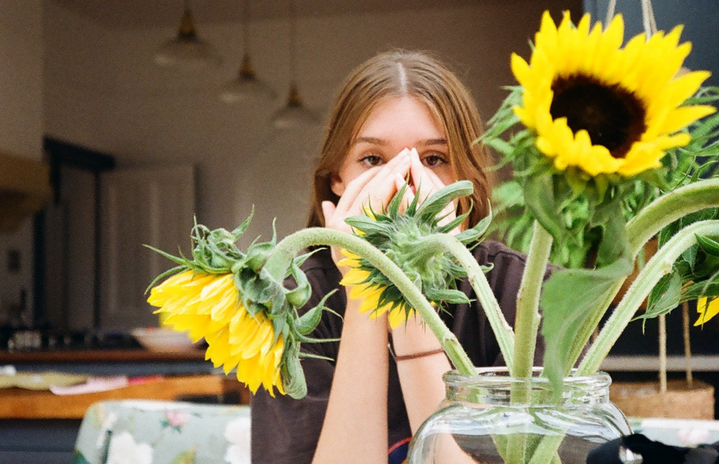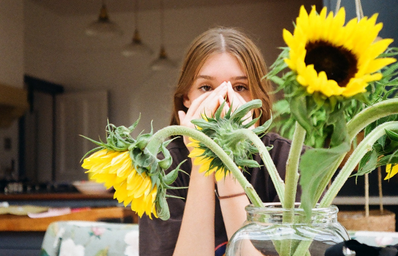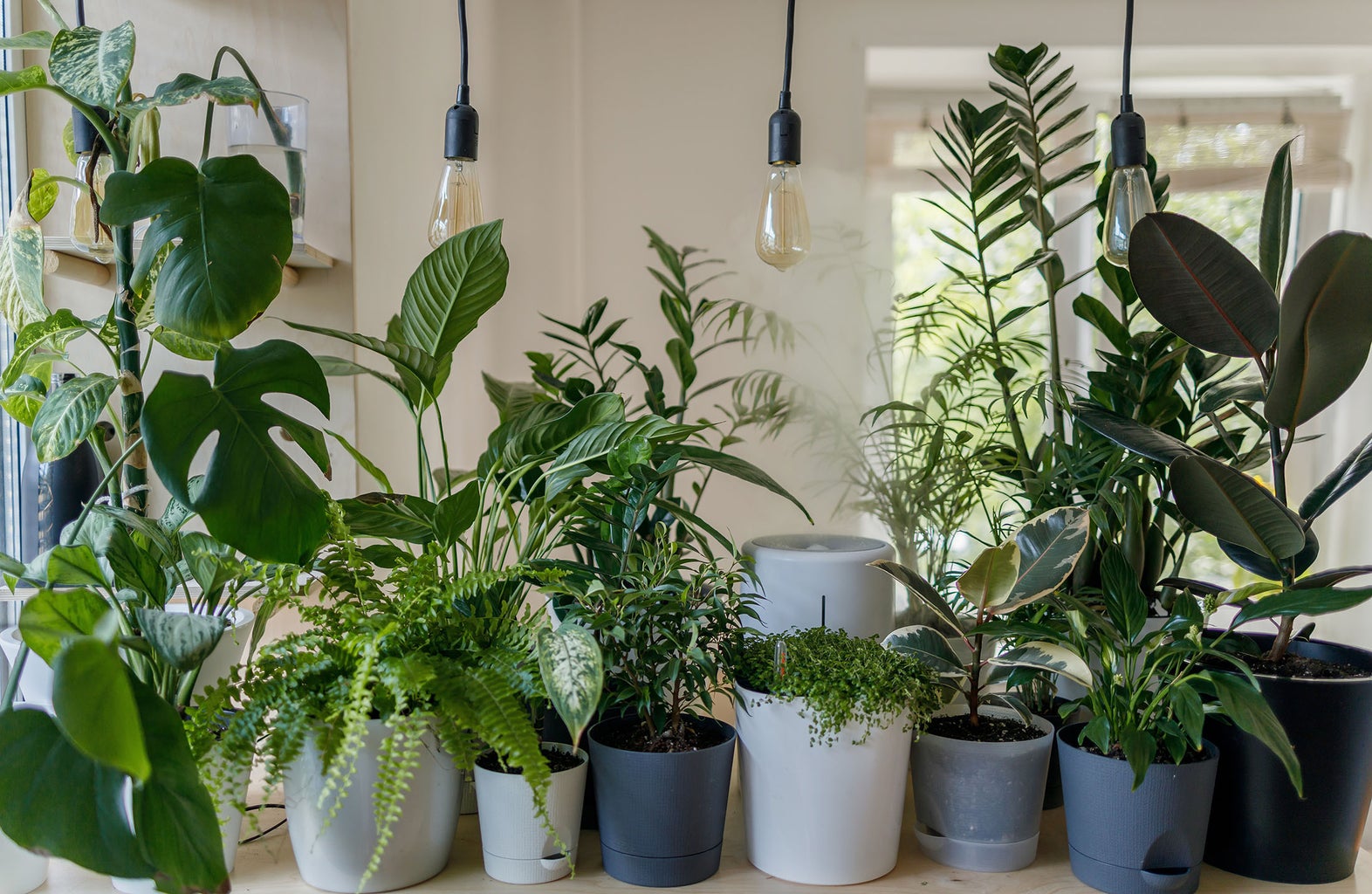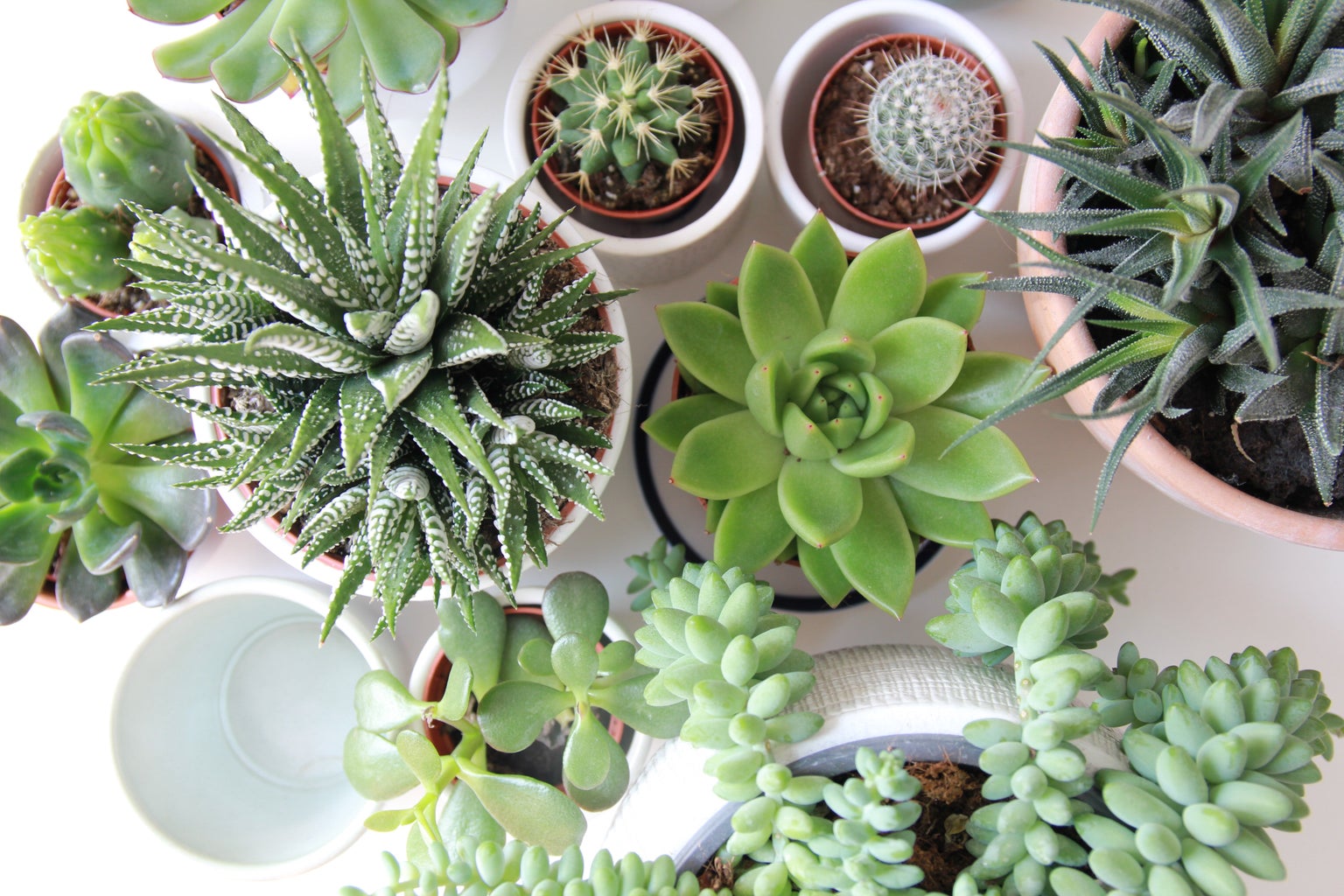If there’s one thing everyone should know about me, it’s that I am an unabashed lover of plants and the current mother of three lovely plant children. Because of this, I am always more than willing to talk anyone’s ear off about my plants, or the greatness of plants in general. In fact, I’ve previously written an article about the perfect plants to keep in your dorm room. In that article, however, I also alluded to what I find to be the best part of owning plants: the benefits they have on their caretaker’s mental health.
Anyone who owns a plant knows the feeling. The quiet, peaceful moments dedicated to checking on a plant and adjusting its watering or sunlight intake seem to do as much good for you as they do for the plant. The satisfaction that comes with a perky plant and the pride from the knowledge that you’re doing well is rivaled by few other things. At least, that’s the experience I’ve had. And I’m sure I’m not alone — several scientific studies and articles affirm the sense of self-care that comes from plant care.
Scientists have been noticing and attempting to explain the benefits of plant ownership for a long time. However, as people become inclined to spend increasing amounts of time on electronic devices and/or inside rooms, the need to find ways to destress has driven people to look into plants more than ever before. In 2015, a study published in the Journal of Physiological Anthropology notes this trend and details an experiment that sought to quantify the ways plant care affects mental health. In the experiment, 24 young men were broken into two groups and asked to either work on a computer or pot indoor plants. When the scientists performing the study looked at the heart rates and blood pressures of the young men, they found that “active interaction with indoor plants… reduc[ed] physiological and psychological stress compared with mental work” because caring for the plants promoted “comfortable, soothed, and natural feelings.” These scientists are not alone in their findings.
An article from the Texas A&M AgriLife Extension also certifies the many benefits of plants with a variety of scientific studies. It once again mentions that “adding flowers to your home or work environment reduces your perceived stress levels and makes you feel more relaxed, secure, and happy,” but it also explains that working in the presence of plants can significantly improve “memory performance and attention.” The article even goes so far as to discuss something called “horticulture therapy,” which is a type of therapy in which patients spend time caring for or being around plants. The article states that “Patients who physically interact with plants experience a significantly reduced recovery time after medical procedures.”
Finally, an article from Science Daily discusses a study that touches on all of the aforementioned benefits and adds that “placing small plants within close sight contributed to psychological stress reduction across the board.” In other words, people don’t even have to directly interact with plants in order to benefit from them. Even just being able to see plants and sit in their company can produce a calming effect. Not only that, but these effects were present in people regardless of their age or gender, according to the study. Therefore, it doesn’t seem such a stretch to conclude that plants can help everyone.
So to summarize, plants can reduce stress, improve work performance, and even heal hospital patients. With this in mind, is there even any question that plant care should become the new self-care? I can attest to almost all of the information above. My desk is decorated with plants, and even as I write this article, I take occasional breaks to admire them. I completely agree that just having them around allows me to be so much more productive and keeps me from feeling trapped in my tiny dorm room.
So what are you waiting for? With all this insight into the science behind plants and mental health, the only logical next step is to adopt a plant yourself!
Want to keep up with HCBU? Make sure to like us on Facebook, follow us on Instagram, check out our Pinterest board, and read our latest Tweets!




